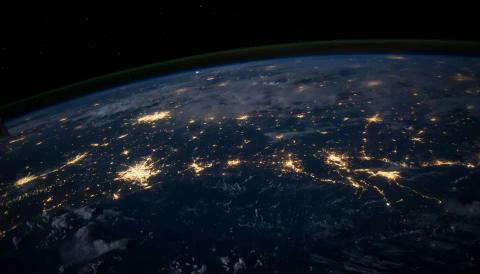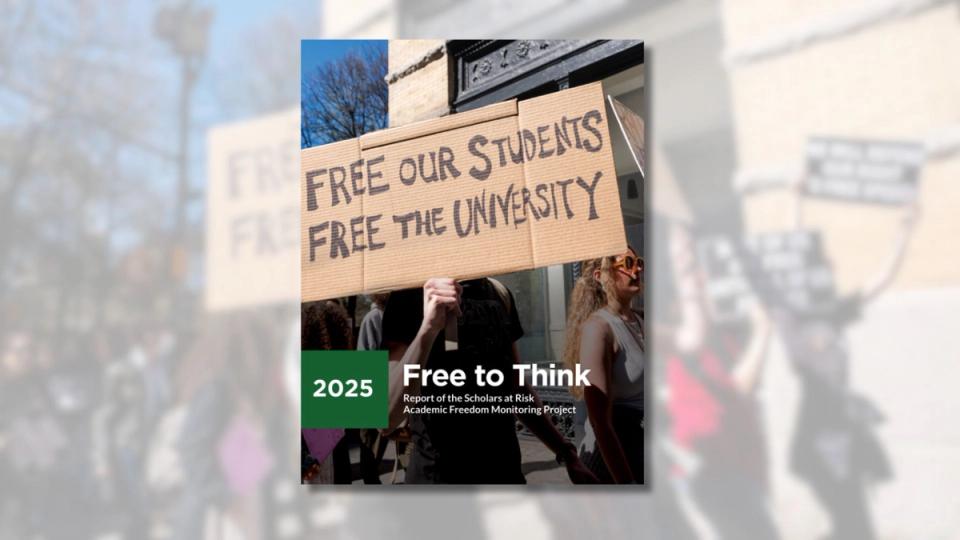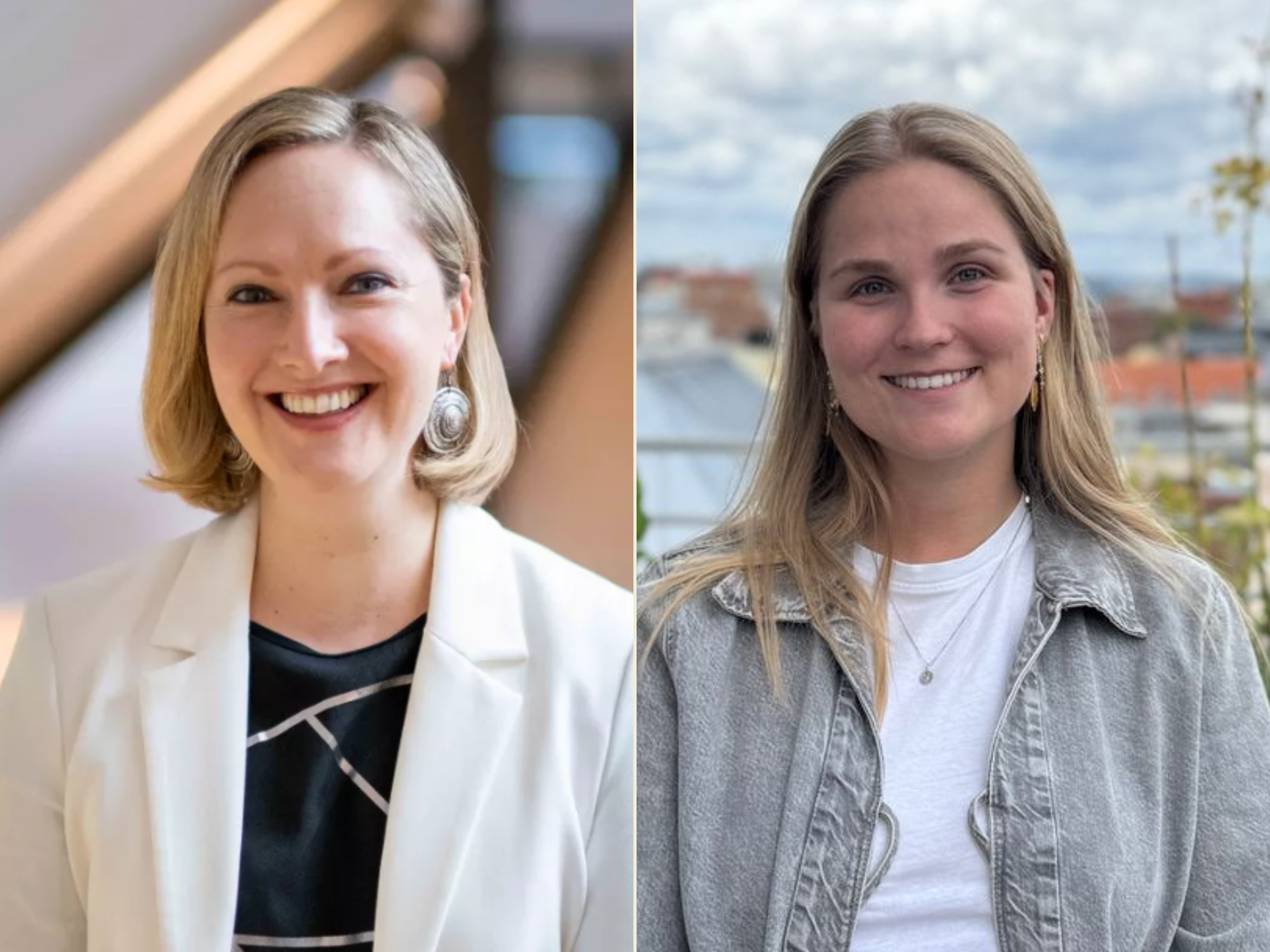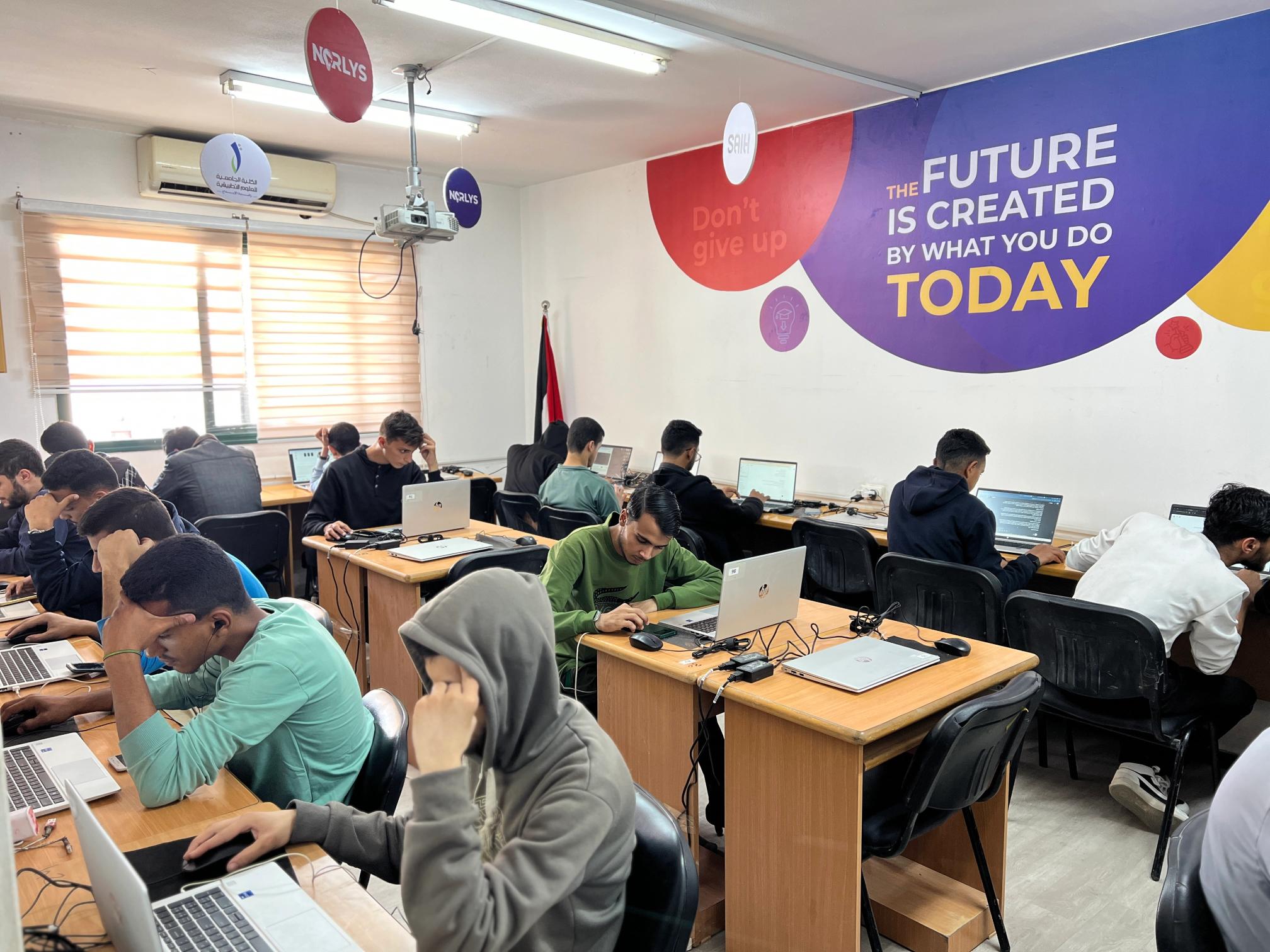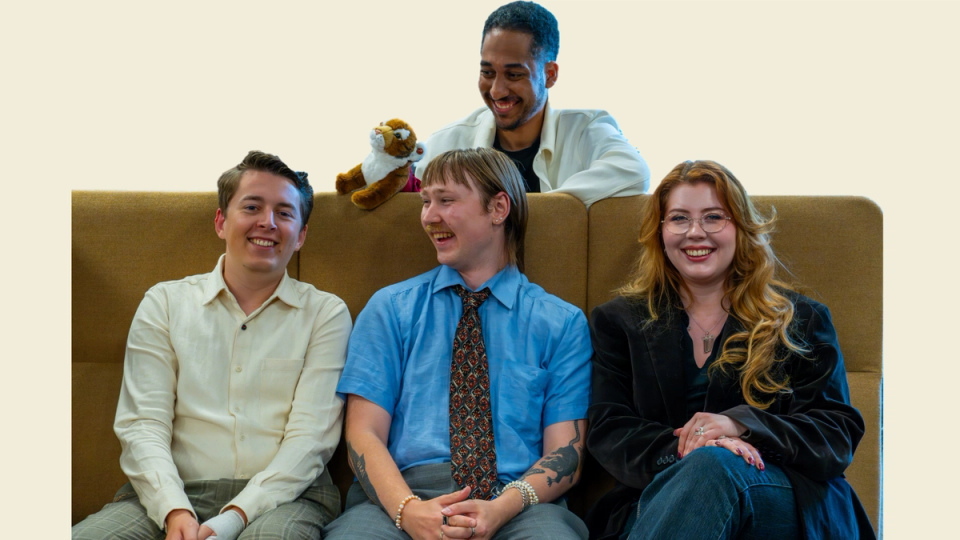Nyhet
Open Access in two minutes
The internet has allowed information to spread faster and further than ever before. Information becomes more widely shared and knowledge becomes common property of the whole world. However, not all knowledge created today is shared. It is put behind high pay walls. Publicly funded research produces more research articles than ever, but almost everything is published in closed journals. The articles in these journals cost a lot to access.
University libraries in less wealthy countries simply cannot bear these costs. Students and academics in many developing countries do not have access to the latest research. There is an unfair divide between those can afford access to research and those who have not. This is unfair.ConsequencesIf all students and researchers in the world can participate in global academic discussions, it will put the world in a better position to solve the world's problems. Today, scientific talents are being kept outside of the world's knowledge base and discussion, because they are born somewhere where they do not have as much money as others. Unlimited access to free information on the internet is something that we often take for granted. However, the value of sharing is currently not applicable to the research being created all over the world.This has implications for instance for health professionals, who do not have access to the latest research that can enable them to give their patients the best treatment. An example of this is from Malawi in 2006, where health care workers could not access the latest research on HIV. Medical personnel were not informed about the risk of infection for newborn babies whose mothers were using HIV medication while breastfeeding. Publication of findings in closed journals puts lives at risk.Who pays? It is estimated that it costs Norwegian university libraries around 200 million kroner (aprox 33 mill USD) per year to purchase access to scientific journals for their students and researchers. These costs represent a significant amount of the libraries total expenditure. These expenses continue to increase. Since some of these journals contain important knowledge that all universities need access to, publishing companies can increase their prices greatly. The universities needs this access to attract the best researchers and students.Who benefits?The only ones who benefit from this system are the large publishing companies. These companies have low costs but great revenues. They do not produce research; it is produced by researchers with taxpayers' money. The companies simply publish articles in their journals and charge high prices. Universities are completely dependent on getting this research, so they are willing to pay almost anything.
Political solutionsThe political solution already exists today, and is “Open Access”- publishing. In Open Access journals, it is often free to both publish and to read the articles. In addition, there are no restrictions on the usage rights. A small minority of Open Access journals cost money to publish in, but it is still free to read them. Thus, researchers must apply for funds to publish in these journals. Today, approximately 10-12 percent of all Norwegian research articles are published in Open Access journals. Many of the major universities have established publishing funds where researchers can apply for funds to cover the cost of publishing in Open Access journals. This is great, but it is only a start. What is needed is funding at the national level so that the small institutions and research centers can also receive funds for publishing.

